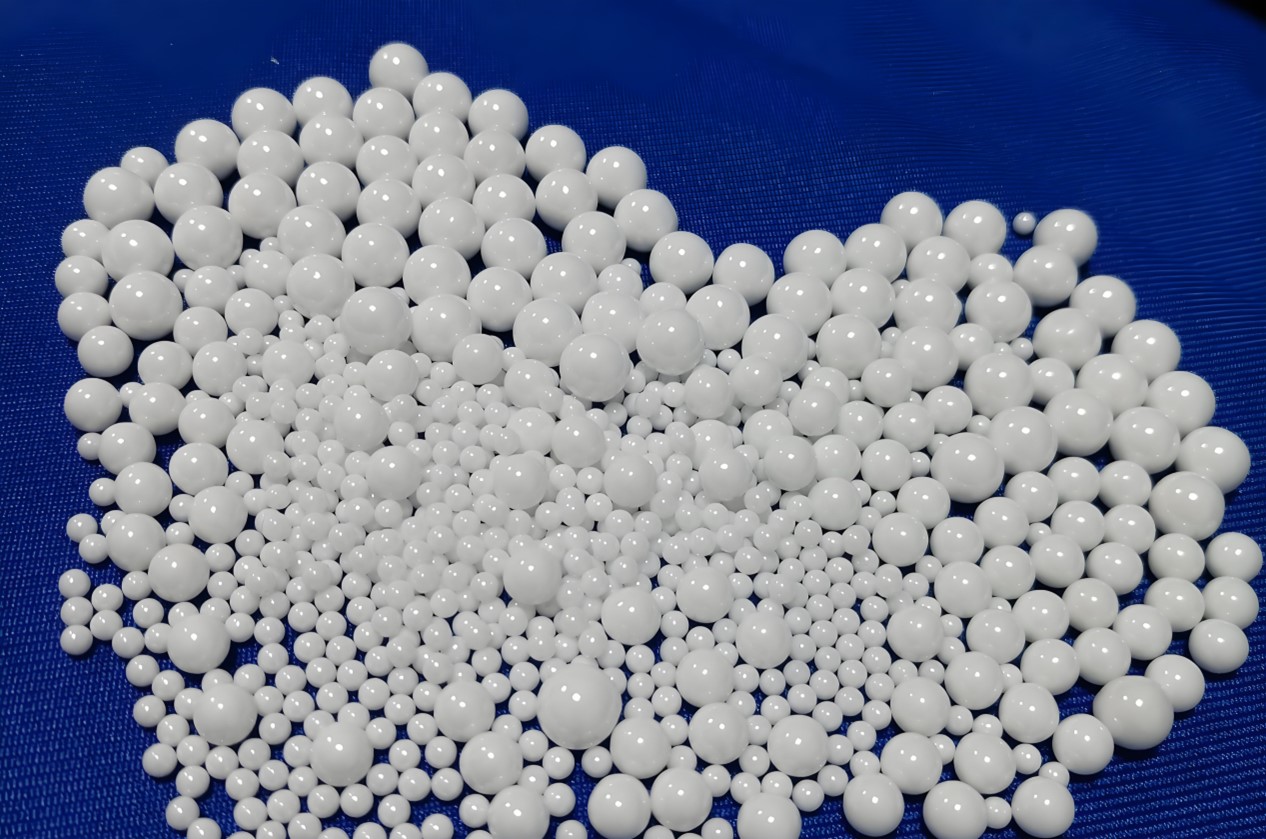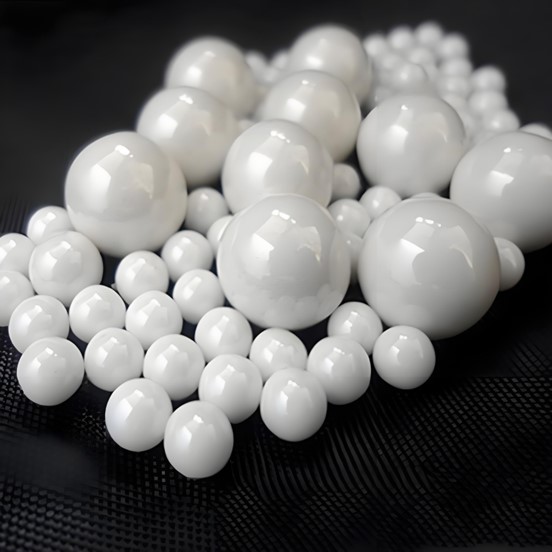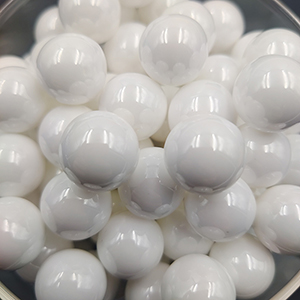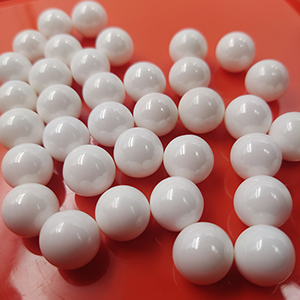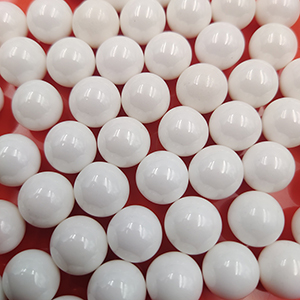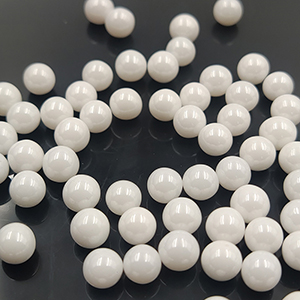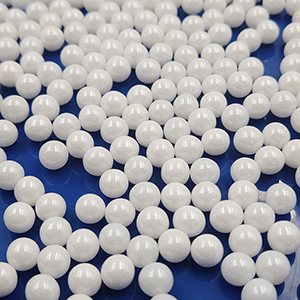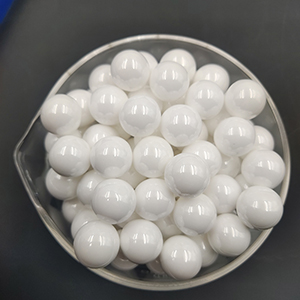Are zirconia balls resistant to acid and alkali?
Some friends grinding materials have an acidic environment or alkaline environment, at this time, worry about the degree of acid and alkali resistance of Zirconium Balls, such as acetic acid, hydrochloric acid, strong acid weak acid, strong base weak base, zirconia balls will not be corroded, so you can rest assured to use, but pay attention to the impurities in zirconium balls if a lot, but also may react with acid and base, so it depends on the manufacturer's raw materials, The raw materials for our production of zirconium balls are inert and can be used in acid or alkaline environments.
The acid-alkali resistance of zirconia balls is related to the type and concentration of its stabilizer, which is as follows:
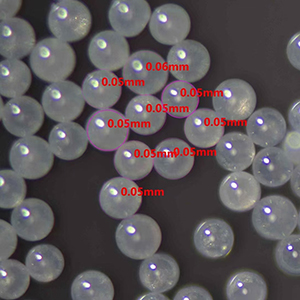
Resistance to medium and strong acid and alkali
Zirconia balls (especially yttrium stabilized) are stable in general medium strong acid or medium strong alkali environments, such as hot concentrated sulfuric acid, hydrochloric acid (concentration ≤1:9), sodium hydroxide (concentration ≤10%) and so on. Its chemical stability is due to the crystal structure of zirconia and the doping of stabilizers (such as Y₂O₃, MgO) to inhibit phase transition and improve corrosion resistance.
Not resistant to high concentrations of strong acids and bases
When exposed to extremely high concentrations of acids and bases (such as concentrated hydrochloric acid, hot concentrated phosphoric acid, hydrofluoric acid, etc.), zirconia balls may corrode. For example, hydrofluoric acid (HF) reacts with zirconia to form zirconium fluoride, resulting in material deterioration. In addition, more than 1:9 hydrochloric acid or 10% sodium hydroxide solution will also significantly corrode ordinary zirconia balls.
The type of stabilizer affects tolerance
Yttrium stabilized zirconia (YSZ) : by doping yttrium ions to form a cubic phase structure, excellent acid and alkali resistance, suitable for highly corrosive environment.
Magnesium/calcium stabilized zirconia: the cost is low, but the resistance to high temperature and strong alkali is weak, and long-term contact with high concentration corrosive media should be avoided.
Application suggestion
When selecting, the acid and base concentration of the application scenario should be clear, and yttrium stable type is preferred in high corrosive conditions.
Avoid using inferior products (such as balls with bubbles or cracks), which are prone to accelerated breakage in corrosive environments.
Food, medicine and other fields need to use zirconia balls that have passed food safety certification to ensure no pollution.
In summary, the acid and alkali resistance of zirconia balls needs to be evaluated according to the specific type and use conditions, and reasonable selection can take into account efficiency and safety.

